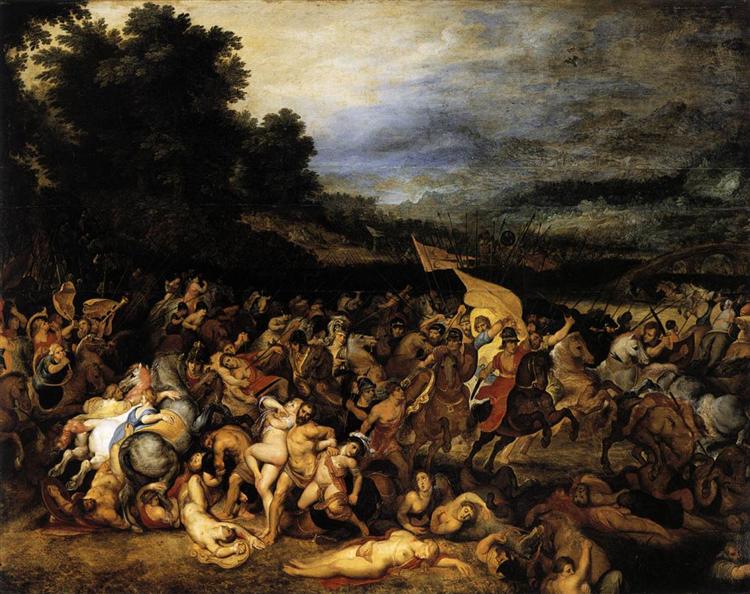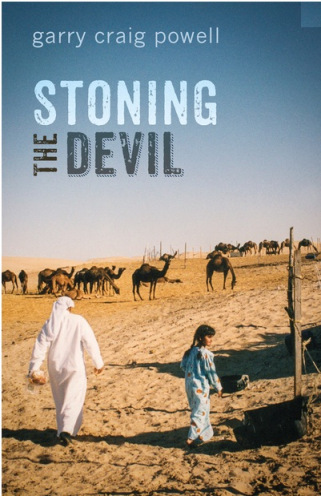The Serious Side of Humorous Novels – Our Parent Who Art in Heaven Included

So far nearly all the Goodreads reviews of my novel have emphasized how funny it is – which is gratifying, because it is a comedy, and humour is so hard to pull off. However, the best comedy usually takes as its theme issues of real importance, and it’s even more gratifying when readers understand the underlying argument as well. Evelyn Waugh in Vile Bodies was not merely ribbing the Beautiful Young Things of the 1920s, he was also showing how shallow and futile their lives were, and for me this tendency culminates in A Handful of Dust, which begins as a hilarious satire on the upper classes and the social climbers trying to enter that class, but ends up with real tragedy – the death of a small boy which is made all the more shocking because when his mother hears about his death, she is relieved, because her son shared the name of her lover, and her initial grief was for the latter.






